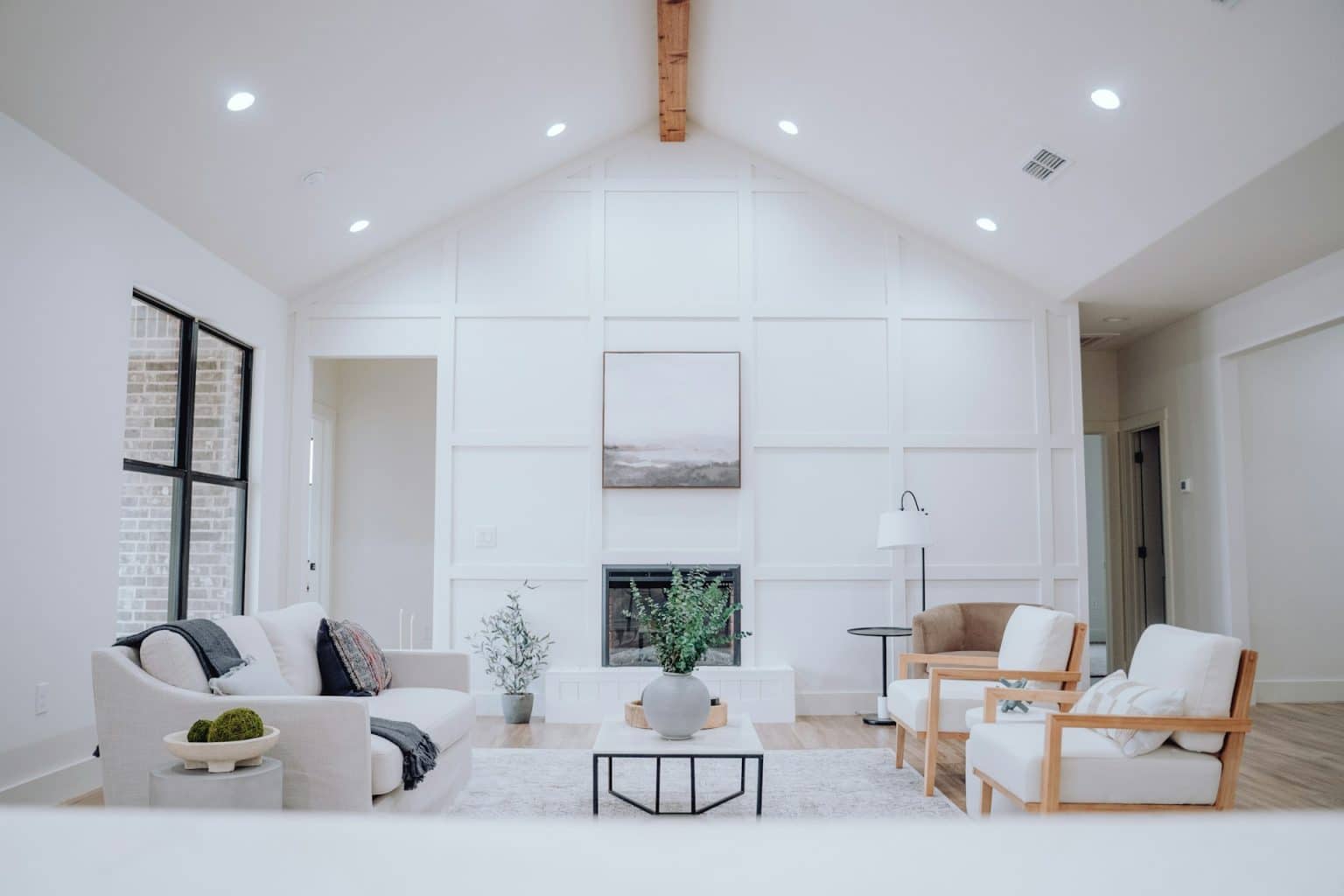Running out of space? Whether it’s for a growing family, an expanding home business, or simply to increase your property’s value, a home addition is a perfect solution. But, before you dive into expanding your living space, it’s crucial to understand the costs involved.
A well-planned home addition can offer great value, but knowing what to expect financially will help you avoid surprises along the way.
In this article:
- Average Cost Range by Type
- 6 Factors Influencing Home Addition Costs
- Frequently Asked Questions
Average Cost Range by Type
- Adding a Bedroom: $160k+
- Building a Garage: $240k+
- Adding a Bathroom: $160k+
- Adding a Sunroom: $160k+
The cost of your home addition depends on the type of space you want to add. Simple rooms like a bathroom or bedroom are typically more affordable, whereas larger spaces like garages or multi-room extensions can be more expensive due to the need for additional materials and structural work.
6 Factors Influencing Home Addition Costs
1. Size and Scope of the Addition
A small room extension costs less than a multi-room or multi-story addition. The complexity of the project—like adding a second story or building a new foundation—also significantly impacts the price.
2. Type of Addition
Each type of addition has a different price range. For example, a sunroom is generally more affordable than building a new garage or expanding your kitchen. Some additions, like a kitchen or master suite, may cost more because they involve plumbing, electrical work, and custom finishes.
3. Foundation and Structure
A new foundation—whether it’s a basement, crawl space, or slab—adds a significant amount to the cost. Likewise, structural changes to integrate the new addition with your home, like reinforcing walls or adding load-bearing supports, can increase labor and material costs.
4. Materials and Finishes
The quality of materials you choose—such as framing, siding, windows, flooring, and cabinetry—will heavily influence the cost of your addition. Standard materials are more affordable, but premium finishes like custom cabinetry or hardwood flooring can raise the price.
5. Labor Costs
Labor costs vary by project complexity. Hiring contractors, architects, electricians, and plumbers will be a significant portion of your budget. Complex additions may require specialized labor, which can further increase the overall cost.
6. Location
Your geographical location can affect both labor and material costs. Homes in urban or high-demand areas often experience higher costs due to the increased demand for workers and materials.
Frequently Asked Questions
1. What is the best type of home addition for increasing property value?
Adding a bedroom or bathroom is one of the most effective ways to increase property value, as these spaces are in high demand. A garage or sunroom can also add value, depending on your area’s market. Researching local trends will help you make a smart decision based on what buyers in your area are looking for.
2. What are some common pitfalls to avoid during a home addition project?
Rushing into the project without a detailed plan can lead to unexpected delays and cost overruns. Skipping permits or inspections might save time initially but could result in fines or unsafe conditions. Finally, underestimating the budget for materials and labor can stall progress, so it’s essential to plan for contingencies.
3. How do I ensure my home addition blends seamlessly with the rest of my house?
Matching the architectural style, materials, and finishes of your home’s original design is key. This includes choosing similar siding, roofing, and window treatments, and maintaining a consistent flow between the new space and the existing structure. A skilled architect or contractor can help achieve this and enhance your home’s overall appeal.
For more on home additions, read our article “What You Should Know Before Starting a Home Addition”.
Achieving Your Dream Space Within Your Budget
Careful planning and budgeting are key to ensuring your home addition fits your needs and budget. Factor in potential surprises by getting multiple quotes and considering financing options for your project.
Ready to expand your space? Contact Caine and Company today for expert advice and a personalized estimate to bring your home addition to life!


